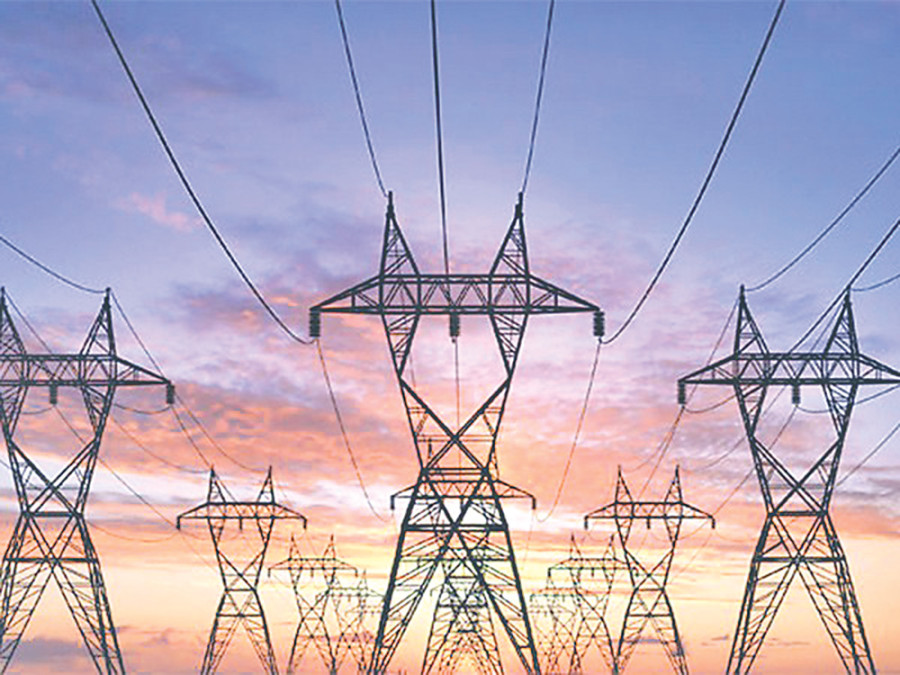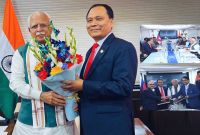Additional 251 MW of Power Exports from 12 Hydropower Projects in Nepal

Kathmandu: India’s Designated Authority for Cross Border Trade has approved an additional 251 MW of power exports from 12 hydropower projects in Nepal. This approval marks a significant step as, for the first time, Nepal will be exporting power to Bihar through a medium-term power sales agreement.
With this new approval, the total allowed quantum of power exports from Nepal to India has increased from 690 MW (from 16 projects) to 941 MW (from 28 projects). Even before this additional 251 MW was approved, Nepal had already become a net exporter of electricity and a net revenue generator in the last fiscal year, selling electricity worth NPR 16.93 billion.
Back in October 2021, India had initially approved 39 MW of power exports from Nepal to India, marking the first instance of such trade between the two countries. In less than three years, this figure has grown by more than 24 times, reflecting the rapid growth of Nepal’s power export capabilities.
Nepal began its power exports by selling in the Day Ahead Market of the Indian Energy Exchange. Since then, India has also granted Nepal access to the Real Time Market. Additionally, the Nepal Electricity Authority has entered into medium-term power sales agreements with discoms in Haryana and Bihar.
India has further incentivized power purchases from Nepal by allowing hydropower imports from Nepal to count as part of the Hydropower Purchase Obligation (HPO) for Indian buyers. This move encourages more buyers in India to purchase power from Nepal.
The Long Term Power Agreement between India and Nepal envisions the sale of up to 10,000 MW of power from Nepal to India over the next 10 years. In the first year of this agreement, approximately 1,000 MW has already been exported.
With these developments, Nepal is on track to become the leading hydropower exporter in the South Asia region. An agreement to sell 40 MW of power to Bangladesh was also finalized and was scheduled to be signed on July 28, 2024, but it was postponed due to recent political developments in Bangladesh.




![From Kathmandu to the World: How Excel Students Are Winning Big [Admission Open]](https://nepalaaja.com/img/70194/medium/excel-college-info-eng-nep-2342.jpg)
